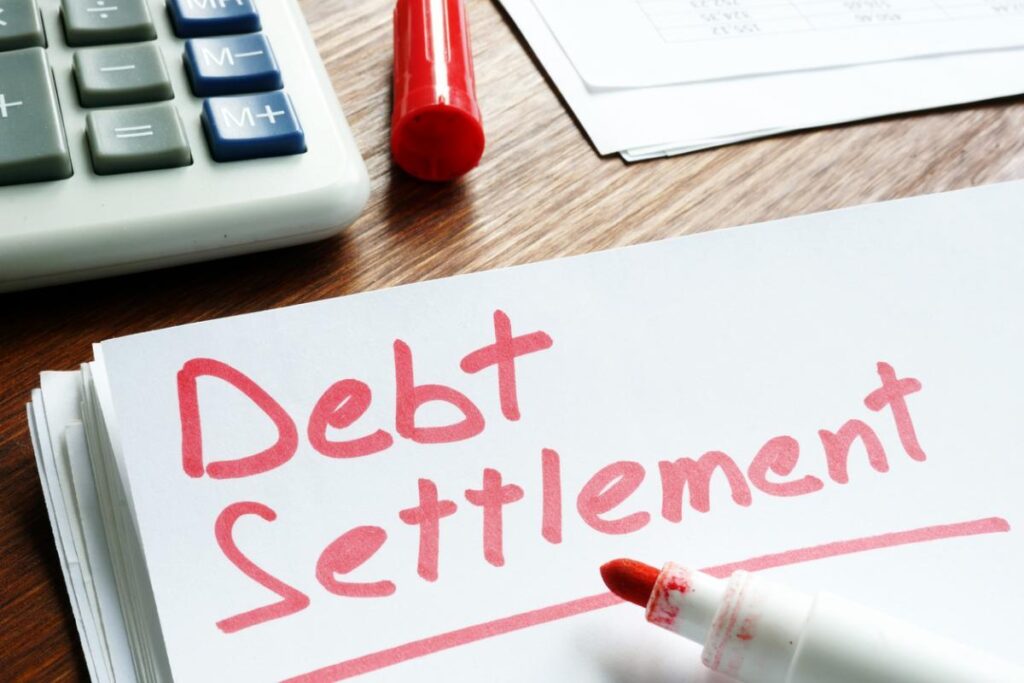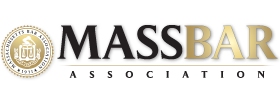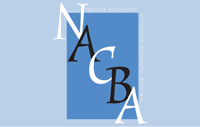If you’re considering bankruptcy, you may wonder what the difference is between debt settlement programs and a bankruptcy filing. In many instances, potential bankruptcy clients approach Daigle Law Office who are already enrolled with some type of debt relief company. While our potential clients thought that signing up for a company like this would help with financial pressure, most people end up unsatisfied.
A debt settlement company or debt relief company is supposed to help people negotiate settlements of their unsecured debts with creditors. For example, in theory, a debt settlement company would negotiate with a credit card company on your behalf. Ideally, the debt settlement company would get the credit card company to agree that you could pay them only part of your overdue bill and the rest of the bill would be written off. In reality, though, these companies rarely live up to expectations.
Typical Reasons for Dissatisfaction with Debt Settlement Companies
The main reasons potential clients are unsatisfied with debt settlement companies include:
- Failure to deliver on their promise of settling unpaid debts
- Our potential client is being sued by their creditor for delinquent payments because the debt settlement company hasn’t yet reached a settlement
- Poor customer service and lack of communication from the large national companies that run these debt settlement programs
- Unaffordable monthly payments to the debt settlement company for their services
Using a debt settlement company may seem like an easier answer for your financial problems than filing for bankruptcy. However, as you can see, large debt settlement companies come with their own set of problems. People often grow concerned when it takes several years for debt settlement companies to do anything, especially if creditors start suing and garnishing wages due to delinquent bills. In many cases, people turn to bankruptcy as the very last resort. The reality is, more times than not, filing a bankruptcy may have been the better option to begin with.
Pros and Cons of Bankruptcy
In contrast to out-of-court debt settlements, bankruptcy is a legal process to discharge or pay off your debts. To file for bankruptcy, you submit a petition to a federal bankruptcy court. For individuals, there are two different types of bankruptcy with different processes and outcomes. Chapter 7 bankruptcy involves liquidation of some assets and discharge of most unsecured debts, such as credit card debt. Chapter 13 bankruptcy involves reorganization of debts and establishment of a payment plan, allowing those with stable income to gradually pay off debts. Any unsecured debts that are unpaid after the payment plan is complete are discharged.
Bankruptcy has several advantages over debt settlement companies. First, it is a federally regulated legal process with strict rules allowing people to discharge debts. You won’t be stuck waiting for two years wondering if a large company will do anything about your credit card debt. Second, your creditors are given notice once you file for bankruptcy. Under the law, they must stop harassing you and abide by the bankruptcy court rules for making claims. Third, bankruptcy offers a true fresh start financially, rather than the settlement of a single bill.
However, bankruptcy does come with a few downsides. It will negatively affect your credit score and it sticks around on your credit report for years. Fortunately, there are ways for you to rebuild your credit after discharge. Daigle Law Office can walk you through your options for credit rebuilding. Further, you may have to liquidate some of your assets during bankruptcy. In some industries, having a bankruptcy on your record can negatively affect your employment opportunities. However, these downsides are heavily outweighed by the upsides for our clients who are in dire financial straits. Getting rid of the debt allows them to move on with their lives and build a better financial future.
Learn More About Your Options
When potential clients speak with Daigle Law Office about debt settlement and bankruptcy, our attorneys discuss the pros and cons of both based on their specific circumstances. If you decide to hire us for your bankruptcy, we tailor our legal advice to your individual situation. We also have a debt settlement program in our office, not tied to a big national company, that has successfully settled many debts for a fraction of the amount owed. When clients have already signed up with debt settlement companies before hiring us, we determine what to do moving forward.
Need Debt Advice in Massachusetts? Call Us
Are you looking for a dependable, experienced lawyer who can assist with a bankruptcy, even if you’ve already hired a debt settlement company? Daigle Law Office’s attorneys can provide you with experienced Massachusetts bankruptcy help. It’s not easy to deal with financial problems, and it’s frustrating when creditors hassle you about paying debts. Daigle Law Office helps clients dealing with tough situations who need solid, reliable legal advice. To schedule a consultation, call 508-771-7444 or use our convenient Contact Form.







